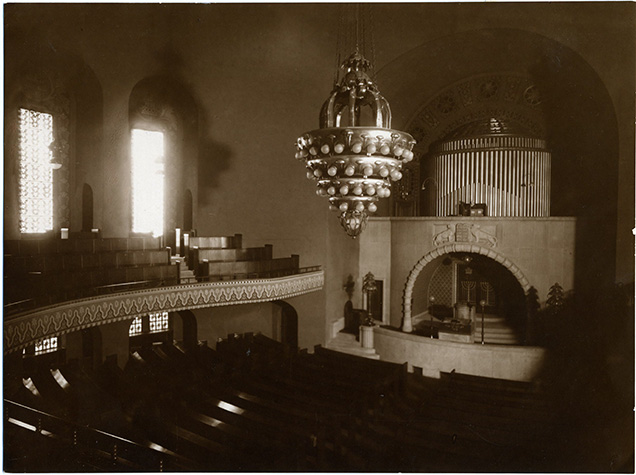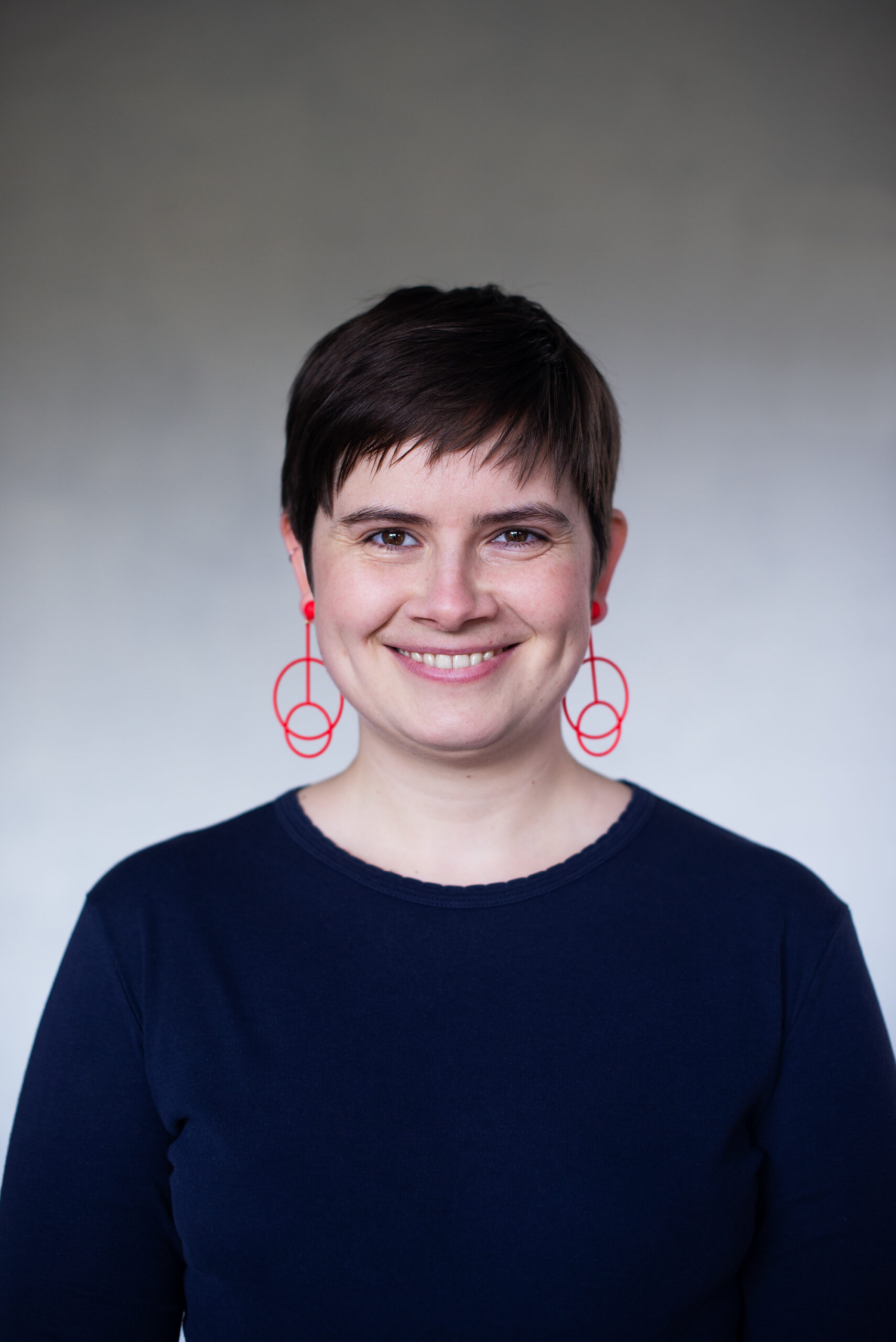Synagogues as Sonic Spaces: Acoustics and Spatiality in Central European Reform Synagogues
November 11, 2025, Utrecht University
A collaboration between the SENSIS project and the Utrecht Colloquium for Jewish Studies
Sound fundamentally shapes the spatial experience of synagogues, defining these religious spaces as auditory environments. The sonic performance within a synagogue marks it as the central institution of its Jewish community; the types of sounds and voices allowed reveal how a congregation articulates its religious identity. The sounds emanating from a synagogue identify it as a Jewish place, especially when the building’s function is not visually discernible. Thus, sound is a central, albeit understudied, aspect of synagogue architecture.
Dr. Gargova’s current research project, Synagogues as Sonic Spaces, investigates how the architecture of Reform synagogues—including spatial volume, essential features, and movable objects—facilitates the liturgy that characterizes Reform Judaism. This denomination introduced organ music, mixed‑gender choirs, and vernacular preaching, creating acoustic requirements that differ from those of other Jewish rites. Focusing on Reform synagogues in Central Europe from the late 19th to early 20th centuries, Dr. Gargova adopts a comparative diachronic and synchronic perspective to examine how the reform reshaped acoustic needs and supplanted historical spatial conventions.
Informed by sound studies theories, Dr. Gargova’s work combines architectural and historical research, acoustic measurements of surviving buildings, and archaeoacoustic reconstructions of partially or fully destroyed synagogues. Through this approach, Dr. Gargova aims to offer new frameworks for understanding Jewish religious spaces beyond visual analysis by focusing on the core structural and spatial needs of a Jewish community as defined by experiential and multisensory aspects, as well as the liturgical requirements and urban contexts of the buildings.
About the speaker: Dr. Fani Gargova received her PhD from the University of Vienna in 2019 and is currently a Research Associate at the Leibniz Institute of European History (IEG) in Mainz, Germany. She has previously held appointments at the Goethe University in Frankfurt, the University of Vienna, and Harvard University. Her research interests include synagogue architecture and Jewish spaces; sound and acoustics in historical Jewish sacred spaces; architectural Byzantinisms, medievalisms, and Orientalisms; as well as the historiography of art history. Fani Gargova’s first monograph on the Central Synagogue of Sofia was published last year.



